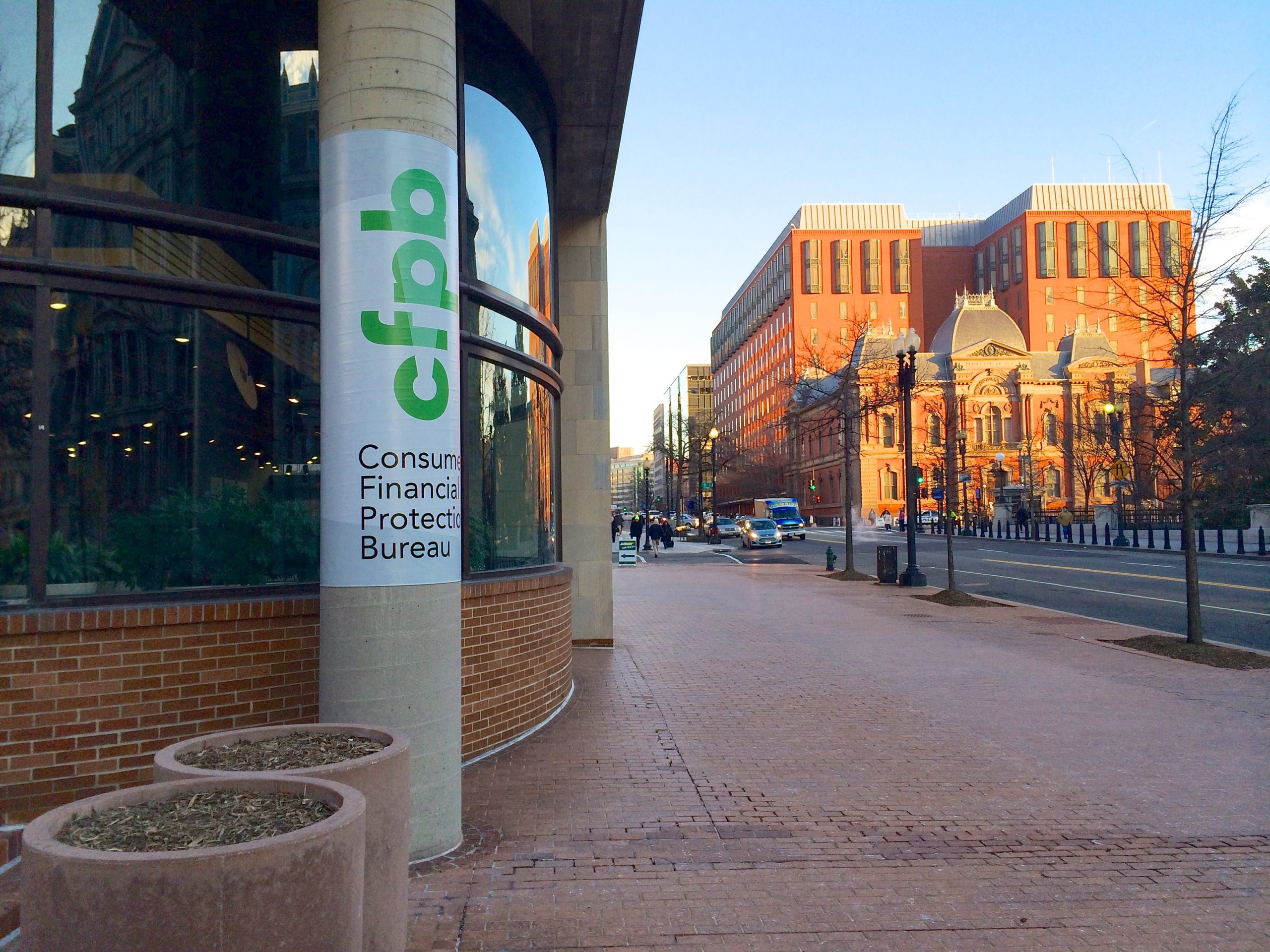
By Charlene Crowell (NNPA Newswire Columnist)
As Americans adjust to the realities wrought by the recent elections, one of the most important consequences has yet to be fully explored: the future of consumer financial protection.
Many successful candidates in the recent election repeatedly claimed that over-regulation, too much bureaucracy or both were harming the economy. In their view, the nation needed to let businesses operate unhindered and free from regulatory constraints.
Additionally, many of the same forces that years ago opposed Wall Street regulation and the creation of a consumer watchdog never gave up their quest to weaken or dismantle the only governmental agency whose sole purpose was to protect consumers.
The problem with both of these views is that as Wall Street made billions, America’s people suffered and lost: jobs, homes, credit standing and financial assets. The only thing that seemed to grow during the Great Recession was the amount of debt consumers faced and reckoned with at kitchen tables across the country.
This column has previously shared how millions of Americans suffered their worst losses from 2004 through 2015. Others who may have held on to their homes, lost so much value that they continue to owe more than their homes are now worth.
There are also still others who thought they were enrolling in higher education to better their lives and earnings sadly discovered that heavy student loan debt was the only thing they incurred at for-profit colleges — many whose doors are now closed.
For all of these reasons and more, our nation still needs the Consumer Financial Protection Bureau (CFPB), its consumer cop on the block. In the coming months we must remain watchful for legislation and executive actions that would reverse the financial justice accomplished over the past five years.
Case in point: CFPB’s Director Richard Cordray has a term of service set to conclude in July of 2018. However, an October 2016 ruling by a panel of three judges with the U.S. Court of Appeals for the D.C. Circuit said the President could remove CFPB’s director for cause.
The nation’s President-elect might want his own director — particularly if the court decision is upheld on appeal. Similarly, legislation that sought to end both CFPB’s governance by a single director and funding independent of Congress may be revived as an early priority for the next Congress.
It was legislative wisdom that avoided both approaches in the Dodd-Frank Wall Street Reform Act. Commission forms of governance work by majority and can lead to gridlock instead of timely actions. Secondly, as commission members are nominated, lawmakers may refuse to act.
If CFPB were to become a part of the annual appropriation process, the Bureau could be denied the necessary funding to do its legally mandated work. More importantly, special interest lobbyists could exert their influence on lawmakers to attach limitations on the Bureau’s work, blocking CFPB from its ability to rein in abusive practices.
These kinds of DC insider maneuvers have repeatedly and unfortunately affected other federal agencies. Consumer financial justice should never be subject to the rise and fall of deep-pocket lobbyists motivated by profits instead of fairness.
Then there are CFPB’s pending regulations like debt collection, overdraft, payday lending and other small dollar loans. An unprecedented number of consumer and civil rights advocates have clearly and consistently weighed in on these issues. Although public comment may have concluded, final regulations have yet to be announced.
Senator Elizabeth Warren of Massachusetts, who is widely credited for proposing CFPB to President Obama is one of the few who has already spoken up about all that is at risk. A November 15 letter to the President-elect urged him to serve all consumers.
“Americans are angry about a federal government that works for the rich and powerful and that leaves everyone else in the dirt,” wrote Senator Warren.
Separately and in a recent blog, Warren also wrote, “Let’s be clear about what rebuilding our economy does not mean. It does not mean handing the keys to our economy over to Wall Street so they can run it for themselves. Americans want to hold the big banks accountable.”
And as a consumer, if you’re wondering ‘what you have to lose’ when it comes to CFPB, consider these recent data points on Bureau achievements:
• $3.6 billion in monetary compensation to consumers as a result of enforcement actions;
• $7.7 billion in additional in principal reductions, cancelled debts, and other consumer relief;
• 1,000,000 complaints handled as of September 1, 2016; and
• 3,400 colleges voluntarily adopting the CFPB and Department of Education’s Financial Aid Shopping Sheet.
“Any efforts to change CFPB’s structure would reduce its effectiveness and harm hard working people across the country,” noted Mike Calhoun, president of the Center for Responsible Lending.
I would add that consumers who have been financially harmed are more interested in justice than in deliberation or special exemptions for favored industries.
Charlene Crowell is the deputy communications director with the Center for Responsible Lending. She can be reached at [email protected].



